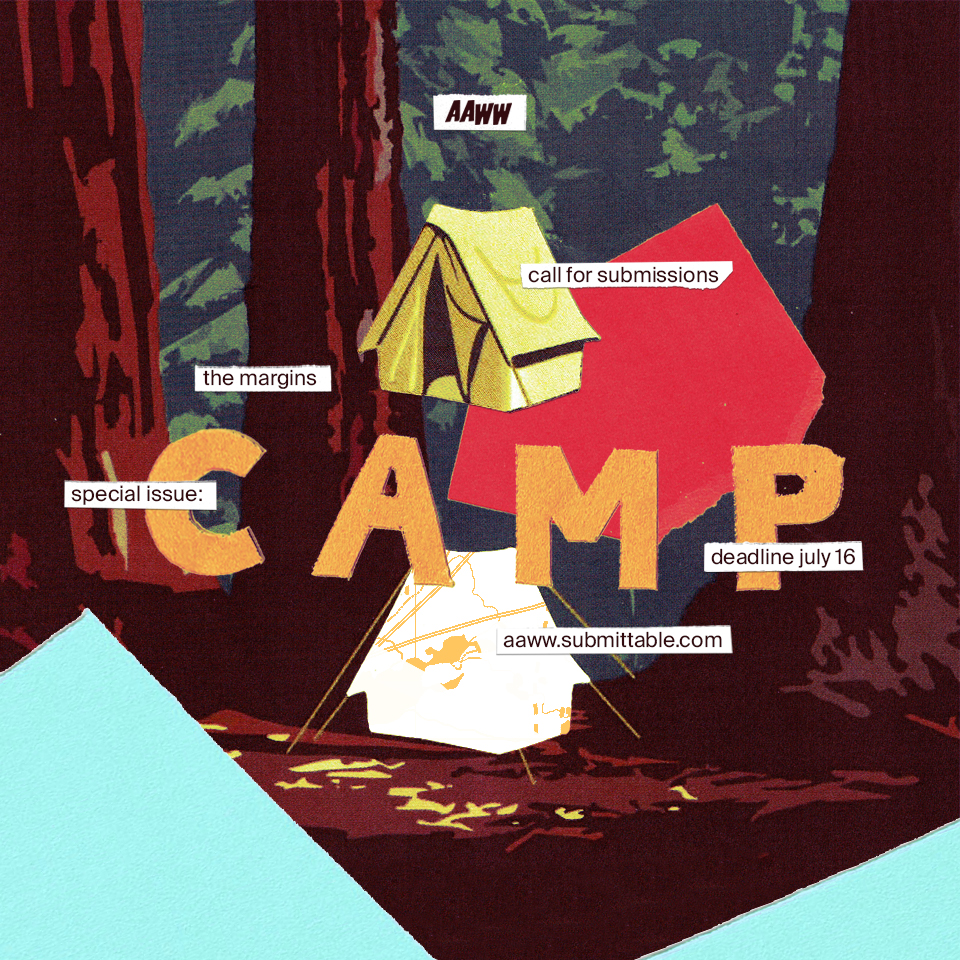A collection of essays, poems, and stories by Asian American writers that trouble, expand, and redefine the space of the camp
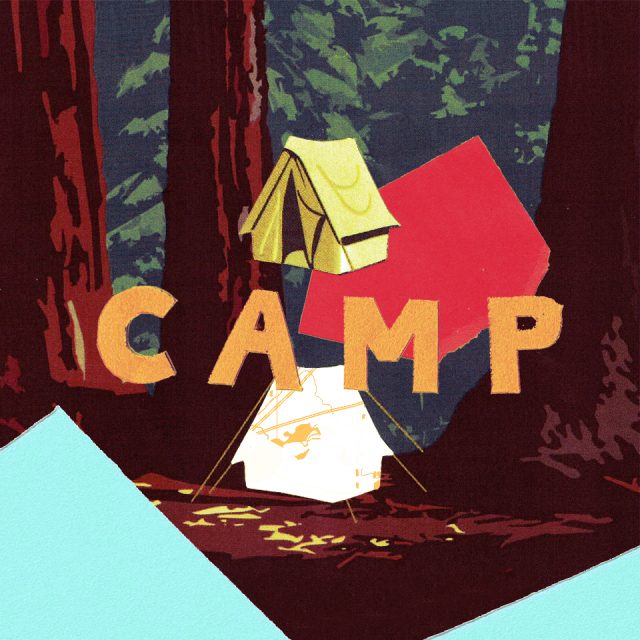
September 11, 2018
In the summer of 2002, I spent a sweaty week in Manhattan with a dozen other young people of South Asian descent. We learned about radical histories of our communities, both here in the diaspora and back in homelands. In this camp, called Youth Solidarity Summer, we were being given an alternative political education. It was less than a year since 9/11 shook New York City and a mere three months after the massacre of Muslims in the Indian state of Gujarat under then Chief Minister (now Prime Minister) Narendra Modi. The Sri Lankan Civil War wouldn’t come to a close for another seven years. The US bombing of Afghanistan had begun in earnest. And the Indian occupation of Kashmir persisted. In all of these contexts, we sat with the weight of what it meant to be South Asian in the United States, in a country then gripped by a renewed Islamophobia.
Youth Solidarity Summer no doubt informed the community spaces I’d seek out for years after—ones that opened up conversations about the politics of being in the diaspora. Not all camps, of course, have radical aims or orientations. Summer camp in the United States entails, at minimum, a seclusion from the habits, spaces, and people who make up our daily lives. The direction of this seclusion, though, can be tied to many political histories and visions. In the United States, it is often tied to settler visions of a natural world in which Indigenous communities have been conspicuously erased.
When we put out a call for submissions around the theme ‘camp,’ we were interested in Asian American stories related not only to the camp’s association with the outdoors, but also with how the space of the camp might mediate relationships to immigrant, diasporic, and United Statesian identities. What takes shape in spaces of indoctrination, education, and immigrant identity? How does the ritual of gathering each summer around campfires or classroom tables set the stage for the communities we seek to build? How do Asian American experiences of camp square with its settler colonial history? What is the relationship between stolen land we call home and imagined and distant homelands to which we tie ourselves?
In response to our call, we heard from writers about plantation ghosts at a creative writing camp in Virginia, about the Taiwanese Compatriot Youth Study Tour, Love Boat. Writers reflected on the intersecting histories of Japanese incarceration and racialized claims to spaces of recreation and play. They brought to life interrupted rituals of the outdoors. They spoke to confronting fears of the elements in a world ravaged by climate change.
As Kenji Kuramitsu writes in the essay that opens this issue, stories of camp begin to blend together:
Camp is where your dad learned to drive, where your grandmother received letters from her brothers that arrived with every other word blacked out.
At camp you pledge allegiance to the flag, you tell tall tales and sing songs to America the beautiful—you eat in mess halls and wash dishes every night, for hours and hours until your fingers prune.
At camp you swim until your body aches, and you are always thirsty.
At camp, you stretch your limbs and look around and everybody looks just like us.
At camp, you hold hands and stay up late and peer out from gaps in the slats so far apart every night is sleeping under the stars.
The idea of the camp manifests across the essays, poems, and stories by Asian American writers that will be published over the next few weeks. Thank you for reading.
— Jyothi Natarajan, Editorial Director

Carrying the Fire in the Windy City
by Kenji Kuramitsu
“If camp is gloss for cementing our fraudulent ownership of indigenous land, it is only natural that this fiction be garbed in the language of legend.” A personal history of race and the American outdoors, from Chicago’s Red Summer to Japanese American incarceration
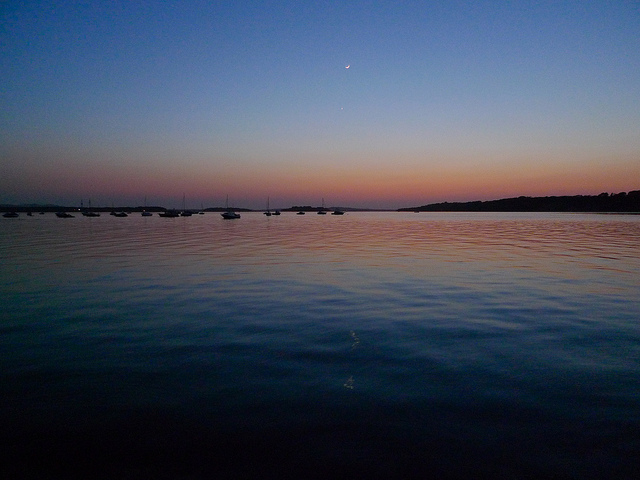
Cherrystone, For Us
by Andrea Juele
“Fingers caked with wet / rice break backs and bellies, / pluck gills, / scrape eggs, tear limbs / Tita takes our legs– / cracks them / under a glass jar for us. / We suck shells ’til twilight.” An ode to Asian American family vacations in national parks.
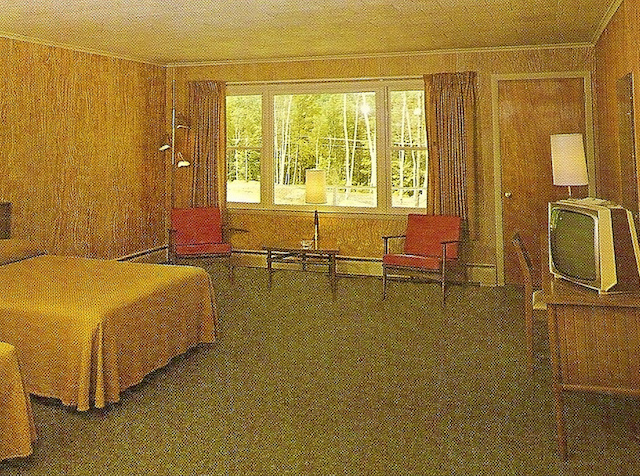
What’s on TV
by Angie Sijun Lou
“Mama leaves the engine stalled on the driveway and runs inside to bang on the bathroom door and yell Chinese vocabulary words at me—yellow light, borrowed light, get in the car, open. I dip my head underwater so every word sounds like a vowel, oceanic and slow.” A young girl skips Chinese school to watch TV with her nainai.
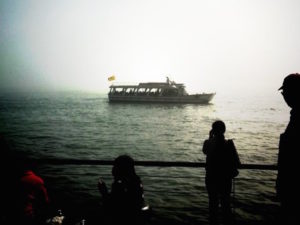
Immigrant Returns: A Summer on the Taiwanese Study Tour Love Boat
by Audrea Lim
Borders and exclusion are the flip side of identity. They are all components of the question: “Who belongs?”
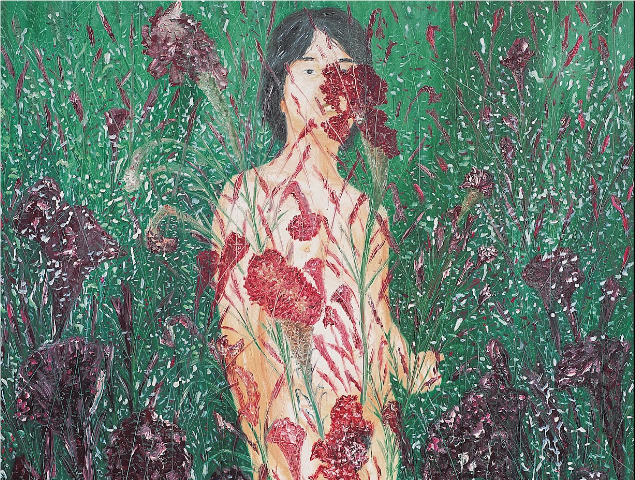
Immigrant’s Lament
by Phuong T. Vuong
“Even the hawk strays but swoops / returns to its treetop to find again / its true nature. Could it be this is mine— / to reach out and hold.” Troubling the relationship between immigrants and nature.
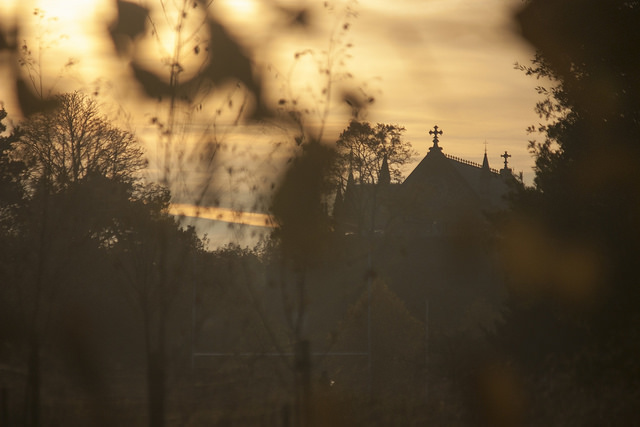
The Art of the Camp Ghost Story
by Nancy Huang
“The campus was haunted and we all knew it. That summer we flinched around every corner, put our hands out in front of us when we turned off the lights.” On a summer at a liberal arts writing camp spent with the ghosts of whiteness and Asian girlhood.

Shallows
by Maya McCoy
“The dreams only start after camp, after I take my first swim with Appah. I watch him with binoculars as he moves farther and farther out into the deep.”
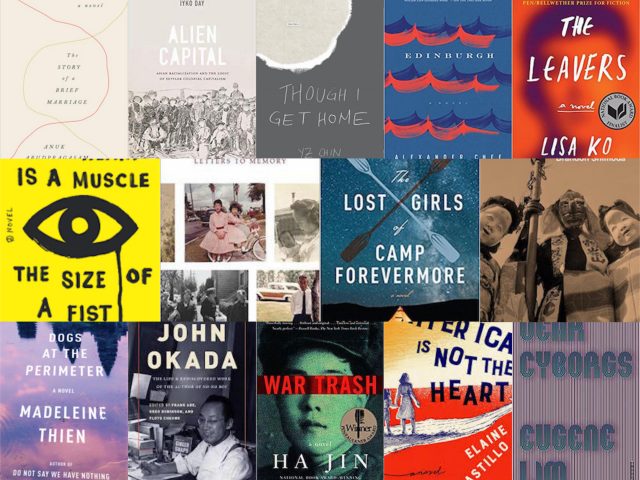
Camp: An Asian American Reading List
by the Editors
The conversations, stories, and works of literature and scholarship that inspired our most recent special issue “Camp.”

